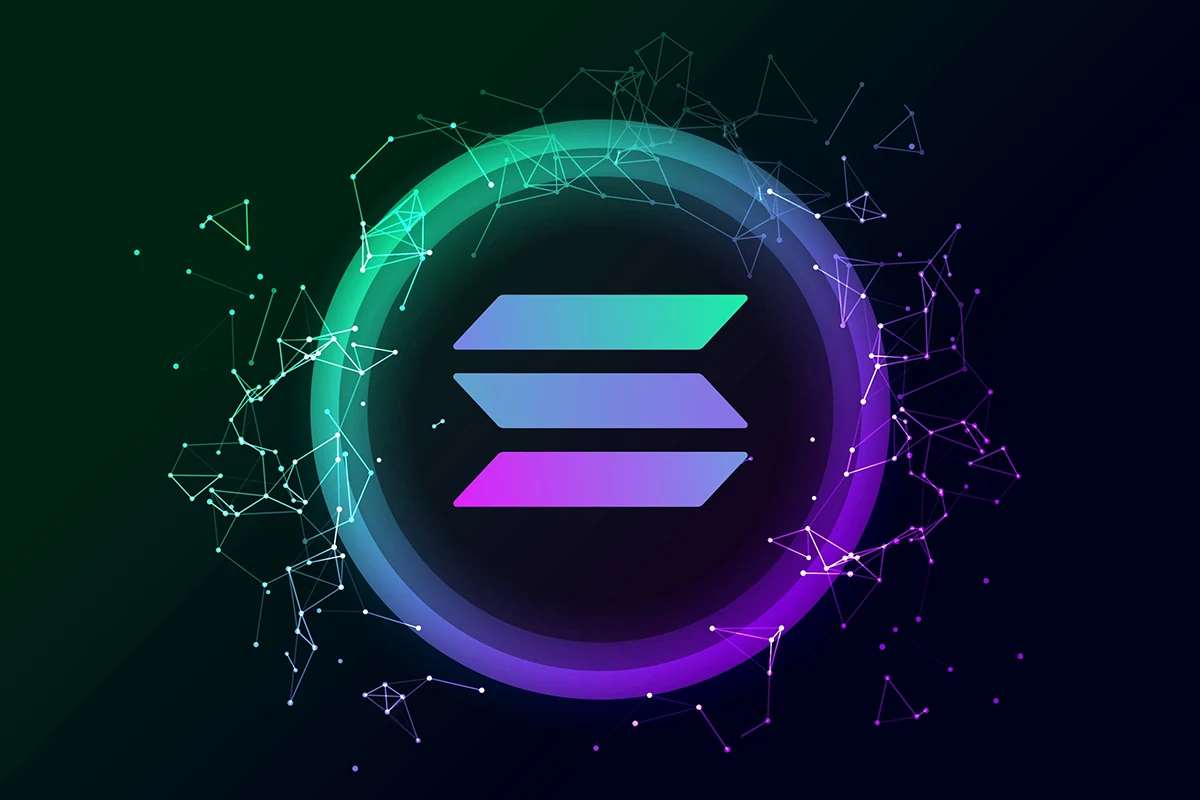Redefining Online Dating and Defying Doubt: How Yesong Kim is Building Human-Centered Tech
HackerNoon editorial team has launched this interview series with women in tech to celebrate their achievements and share their struggles. We need more women in technology, and by sharing stories, we can encourage many girls to follow their dreams. Share your story today!
Tell us about yourself!
Hi, I’m Yesong (Song) Kim, the solo founder of Zeya, a social dating startup redefining modern dating through human-centric & curated offline hangouts for singles (no swiping, no profiles, no pressure). Originally from South Korea and now based in Berlin, I come from a UX/product design background, and started Zeya after seeing how existing dating apps create burnout, safety concerns, and superficial interactions, especially for women. Zeya’s mission is to build safer, more genuine spaces for connection and social wellness in the world.
Why did you choose this field in the first place?
I started in communication design, focused mainly on visuals, but I fell in love with UX and product design when I realized it wasn’t just about how something looks - it’s about how people experience through product journeys. Digital products felt limitless compared to print, and working on large-scale apps used by millions showed me how design can genuinely shape behavior and solve real problems. I love that good UX isn’t about a single star designer, but it’s customer-centric, collaborative, and grounded in logic and empathy. It also connects directly to market and business realities, which constantly pushes me to understand the world more deeply.
What tech are you most excited/passionate about right now and why?
It might sound cliché, but I’m quite excited about AI, especially its potential in dating and human connection. AI can help us move beyond from endless swiping and superficial profiles to more personalized, emotionally intelligent ways to meet people. For Zeya, I’m particularly interested in how AI could reduce the time and energy modern singles spend searching for compatible partners, and instead help them experience healthier, safer, and more meaningful connections.
What tech are you most worried about right now and why?
I’m also concerned about AI, particularly how it can be misused. We’re already seeing the rise of deepfakes and AI-enabled scams, including in the romantic space. Existing dating apps like Tinder, Bumble, or Hinge have seen cases where AI-generated identities are used as profiles, and I worry about how this could grow if we don’t build safer systems.
Beyond dating, AI will reshape the job market in ways many people may not be ready for. Some white-collar and creative roles - including design, which is my own background - are already feeling this shift. The transition will be painful for many, even if it may be inevitable. My hope is that we build AI that augments human creativity and connection, not replaces or exploits it.
What are your hobbies and interests outside of tech?
I start most mornings with yoga, it gives me a calm, steady mindset and keeps me grounded while building Zeya - my startup. I also like social activities and community events. Because I’m building Zeya, a platform focused on meaningful offline hangouts for singles, I’m fascinated by how people connect in the real world. Meeting new, interesting people energizes me. I always walk away having learned something new about the world or myself.
Let's talk about breaking the glass ceiling. What were the biggest challenges you faced as a woman in tech, and how did you deal with them?
I dealt with it by doubling down: bringing data, refining my work with precision, and speaking with confidence. Over time, persistence paid off. I earned promotions, stronger influence, and a seat where my voice was heard. But it shouldn’t require extra hurdles to be taken seriously, and that motivates my work today with Zeya.
Any questionable misogynistic story/situation you faced/handled, and you want to share with the HackerNoon Fam?
A few years ago, a female colleague told me something I’ll never forget: “You don’t belong in this white, alpha-male tech industry.” It was shocking, and honestly, in that moment I couldn’t even process how deeply sexist and racially coded those words were. It took time to understand that her statement wasn’t a reflection of my value, it reflected an environment where some people still see tech as a space only for a certain type of person.
I’m sharing this because experiences like these can make women, especially women of color or international founders, doubt themselves. If you’ve ever been dismissed or pushed out in ways that felt personal instead of professional, please hear this: you are not the problem. That moment was painful, but it also strengthened my resolve to build Zeya and to create spaces where people are seen beyond stereotypes, in dating, work, and life.
What was the biggest setback/failure that you faced, and how did you manage it?
One of my biggest setbacks was realizing that being a solo female founder can feel like carrying five jobs at once - product, design, fundraising, operations, and community. There was a moment when the weight of it all caught up to me, and I wondered if I should keep going.
What's your biggest achievement that you're really proud of?
My proudest achievement so far is bringing Zeya to its public debut at Web Summit 2025 in Lisbon. Zeya was selected as an Alpha startup and introduced in front of 80,000+ attendees around the world. I delivered a 2-minute startup showcase pitch, hosted the Alpha booth, and spent three days speaking with investors, media, and partners who showed strong interest in Zeya’s vision for a healthier, more human dating experience.
As a solo female founder, I bootstrapped Zeya for almost a year to reach this point - validating the concept, building the early product, and growing a community with a 4.5/5 satisfaction rating and 63% user retention. Bringing Zeya from an idea to a proven concept on one of the world’s biggest tech stages is something I’m incredibly proud of, and it motivates me even more to scale what I’ve started.
In your opinion, why do we see this huge gender gap in the tech industry, and how can we reduce it?
The gender gap in tech isn’t just about a lack of talent or ambition from women, but the result of long-standing structural and cultural barriers, from early education that discourages girls from STEM, to hiring networks dominated by men, to funding patterns where under 2% of VC capital goes to female-led startups (Tech.eu 2025 & World economic forum 2024). Closing this gap requires change at multiple levels: more visible representation of women in leadership and technical roles, equitable funding, supportive and psychologically safe work environments, and early encouragement so girls see themselves as future innovators. Diversity isn’t a “nice to have”, it leads to better products, stronger companies, and innovation that reflects the world we actually live in.
Who is your tech idol? Why?
One of my biggest tech inspirations is Lisa Su, CEO of AMD. She transformed a struggling semiconductor company into a global industry leader, through focus, resilience, and technical depth. I admire her because she didn’t just lead at the executive level; she deeply understands the technology and market. Her leadership shows that the leader can be strategic and empathetic, analytical and visionary, all at the same time. As a woman of color in a highly male-dominated industry, she represents what’s possible when expertise meets persistence.
Do you have any advice for aspiring girls who want to join the field?
Yes. My advice is: Don’t wait for permission to enter the room. Walk in with your ideas. Many talented women hold back because of imposter syndrome, perfectionism, or fear of not being “technical enough.” But tech needs your voice, your perspective, and the way you solve problems.
\
You May Also Like

Solana ETFs Market Grows with Fidelity and Canary Marinade’s New Funds

XRP analysts shift 2025 outlook as liquidity models evolve
